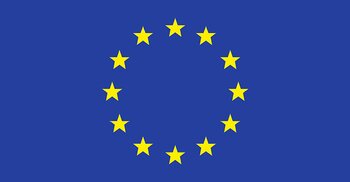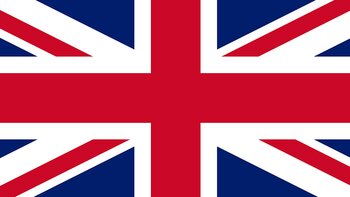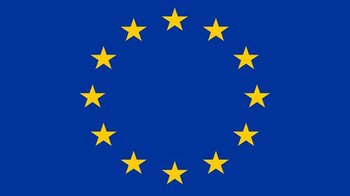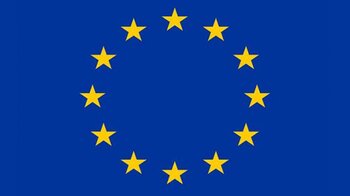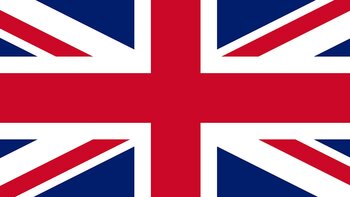Sanctions on Russia
The situation regarding the imposition of sanctions on Russia is very fluid and, since the outbreak of armed conflict on 24th February, 2022, the position has changed at a rapid pace. In particular, the UK, EU and US have imposed further sanctions on Russian banks, entities and individuals in addition to other measures. We will endeavour to publish information, articles and resources which may assist Members with the developing situation on this page. However, sanctions issues are complex and it is important for Members to carry out due diligence and seek advice if they have any sanctions concerns in respect of their specific contractual arrangements and commercial counterparties.
Information regarding the UK, EU and US sanctions can be found at the following websites:
- US sanctions: Ukraine-/Russia-related Sanctions | U.S. Department of the Treasury
- EU sanctions: EU restrictive measures in response to the crisis in Ukraine - Consilium (europa.eu)
- UK sanctions: UK sanctions relating to Russia - GOV.UK (www.gov.uk)
Latest sanctions developments:
3rd June, 2022
- The EU introduces further sanctions, including:
- an embargo on imports by sea of crude oil and refined oil products from Russia, the intention being to phase out Russian oil imports, subject to certain transitory periods and reporting obligations; and
- a prohibition on EU operators and entities from providing any new insurance or finance contracts for the transport of Russian oil to third countries. This is subject to a wind down period of 6 months (until 5th December, 2022) to close out existing contracts executed before 4th June, 2022.
7th April, 2022
- Australia updates their sanctions to include a range of 'luxury goods' which are now prohibited exports.
24th March, 2022
- The UK announces further asset freezes in respect of 59 Russian individuals and entities, and 6 Belarussian entities.
- The US adds the Russian Duma and 328 members of it, 48 Russian companies in Russia’s defence sector and Sberbank’s CEO to the SDN List.
21st March, 2022
- Australia introduces export ban on aluminum ores (including bauxite), alumina and related products to Russia. Specifically the prohibition relates to:
- aluminum ores and concentrates;
- artificial corundum;
- other aluminum oxide; and
- aluminum hydroxide
15th March, 2022
- EU adds 15 individuals and 9 entities operating in the aviation, military and dual use, shipbuilding and machine building sectors to the designated list.
- EU adopts Council Regulation (EU) 2022/428 introducing further measures including:
- a prohibition on the importation, transportation and purchase of iron and steel products which originate in Russia or have been exported from Russia, including providing technical assistance, brokering services, financing or financial assistance, and insurance or re-insurance;
- a prohibition on new investments or financing in the Russian energy sector;
- export prohibitions on equipment, technology and services for the energy industry in Russia; and
- a prohibition on the sale, supply, transport or export of certain luxury goods to persons or entities in Russia or for use in Russia.
10th March, 2022
- Australia prohibits the import of oil, refined petroleum products, natural gas, coal and other energy products from Russia.
8th March, 2022
- US introduces restrictions on importation of crude oil, petroleum fuels, oils and products of their distillation, liquefied natural gas, coal and coal products of Russian origin and new investments in the energy sector
4th March, 2022
- The US applies export bans to Belarus and expands existing ban on imports from Belarus.
2nd March, 2022
- The US commits to removing selected Russian banks from SWIFT in line with the EU and UK actions.
- The EU applies the same export bans to Belarus and expands the existing ban on imports from Belarus.
1st March, 2022
- The UK introduces a number of restrictions including:
- prohibition on Russian linked ships entering UK ports;
- further financial restrictions prohibiting the dealing in transferable securities and money-market instruments with individuals connected with Russia and certain Russian entities, including major banks, and the Russian Government;
- export bans regarding ‘dual-use’ and ‘critical-industry’ goods and technology.
28th February, 2022
- The EU introduces sanctions which included restrictions on the provision of services and finance to certain Russian entities and export bans on certain goods to Russian entities and people. The export bans relate to goods and technology for use in oil refining, aviation and space industries and military, defence and security enhancements.
26th February, 2022
- The EU and UK remove selected Russian banks from the SWIFT international payments system.
24th February, 2022
- The US announces a prohibition on the operation of correspondent accounts and payable-through accounts. The impact is that payments made in USD involving certain Russian banks will be blocked after 26th March, 2022.
22nd February, 2022
- The UK adds several Russian banks and high net-worth individuals to the designated person list, resulting in travel restrictions and asset freezes.
21st February, 2022
- The US introduces new sanctions on the two Ukrainian republics, Donetsk and Luhansk which result in all transactions by U.S. persons in the two regions being banned, including the use of U.S. dollars.


